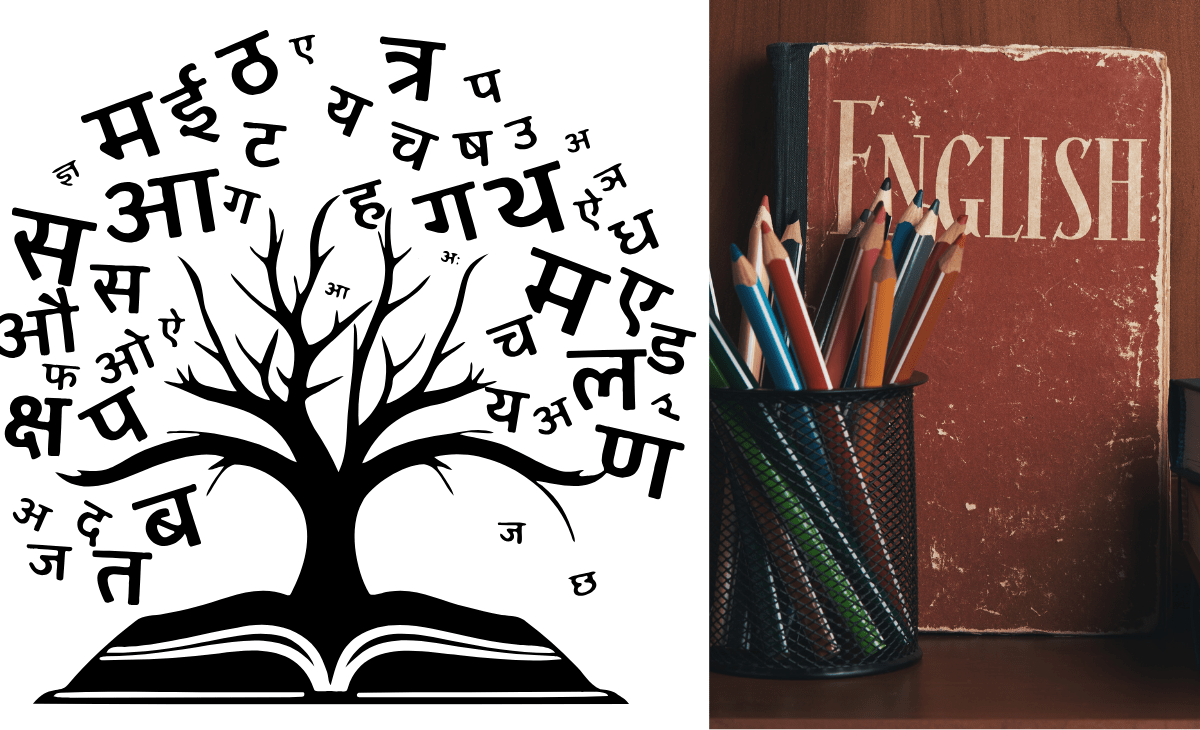Anupama Sharma
English Lecturer
(Hamirpur)
Language is a powerful tool of communication, a medium to express feelings, emotions and convey messages. But in recent years, language has become a channel to show patriotism and integration to a nation or a region.
India has a vast linguistic diversity with 22 official languages, which are listed in the 8th schedule of the constitution under article 344(1) and 351. Initially, 14 languages were included but the number has increased to 22 due to subsequent amendments. There are 121 other languages too. Hindi is our mother tongue and English an associate official language along with Hindi.
English was introduced in India in the 17th century with the arrival of the British. Officially, English was introduced as the medium of instruction in India in 1835 with the passage of the English Education Act based on a decision taken by then Governor General Lord William Bentinck and influenced by Lord Thomas Babington Macaulay.
Macaulay advocated more for the adoption of English to enhance focus on Western learning and the curriculum taught in the language. Subsequently, English became a globally acknowledged language.
In India, English serves as a lingua franca too as it allows people of diverse linguistic and cultural backgrounds to communicate effectively. Currently, there is an emerging question about the rationality of English language being used so widely.
Occasionally, logic is being given to annihilate the use of English and to use Hindi language to maximum in our offices and educational institutions. But how justified is this approach? Currently, 15.76 per cent of India’s population (about 228 million people) is English speaking.
English is widely spoken in the world and is a valuable asset for career advancement. It is a primary spoken language in 67 countries and 27 non-sovereign entities. It is the language adopted by global business and it offers job opportunities internationally. Many prestigious universities and educational institutions worldwide use English as a primary language of education.
In the more-wider aspects, English is the dominant language for scientific reasons and research too. So in India if the use of English language is reduced or stopped, it will create a huge hindrance in the progress of economic opportunities, education and global collaborations.
Keeping aside the role of English language as a medium of global language, we cannot deny the importance of Hindi too. It is the mother tongue of India and a symbol of our national integration. So, this tug of war created between English and Hindi language is unnecessary. People fanning this language hatred should understand that there should be no disdain for one language in favour of another.
The Ministry of Home and Affairs instructed in 2002 that the use of Hindi language should be promoted in banks, embassies and government offices. Similarly, there have been more English language labs established in the country recently. So, Hindi as our mother tongue deserves all the respect and appropriate place and English language with its wider future scope remains strongly driven by its global dominance in communication, business and technology.





